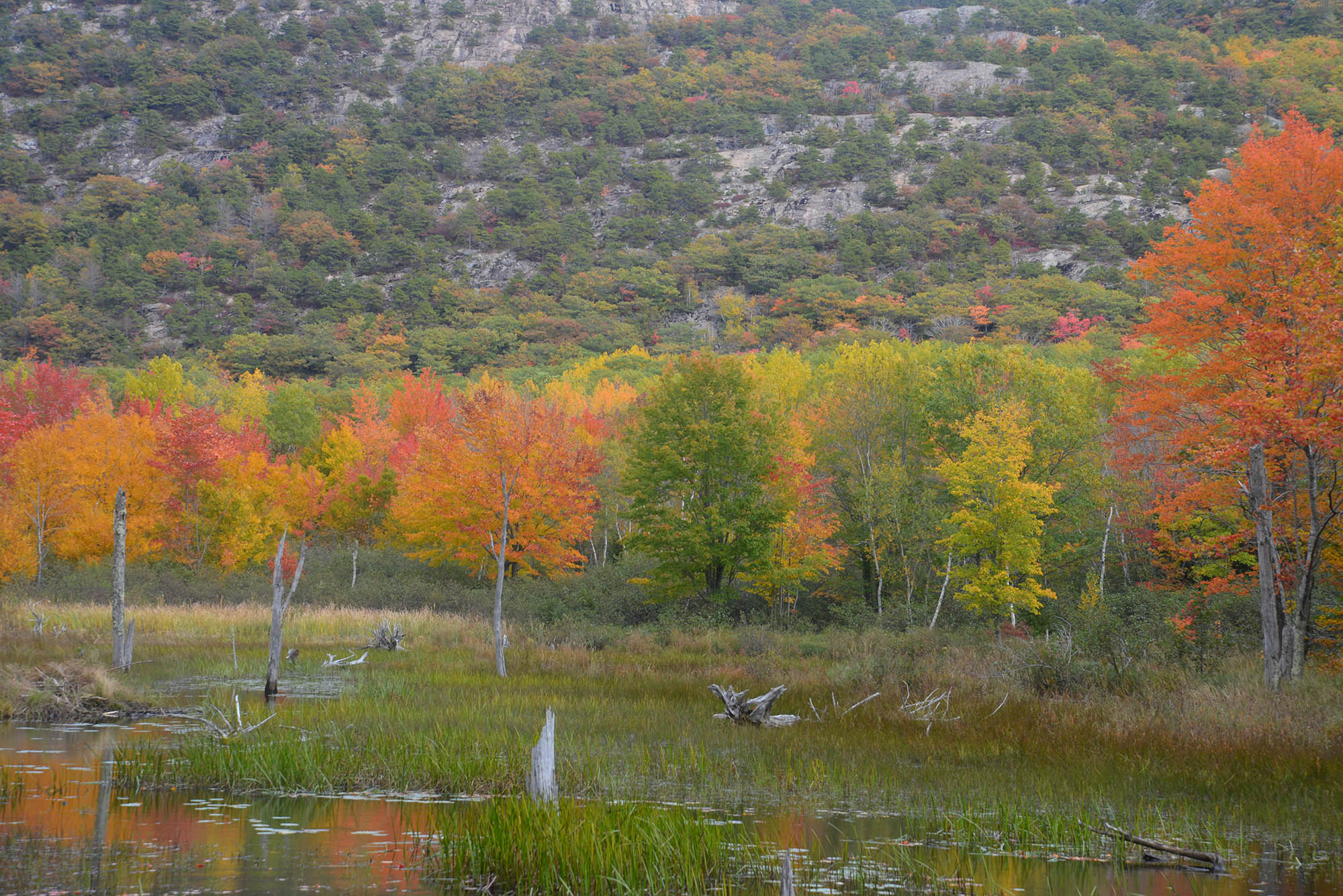
The climate crisis is magnifying the ecological stresses affecting the world’s natural landscapes and biodiversity, forcing the development of new conservation models that promote resilience and allow for adaption. Acadia National Park, one of the crown jewels of America’s national parks system, is implementing a partnership-based, whole-watershed approach to respond to this challenge. This work is featured in the inaugural edition of Parks Stewardship Forum, a new journal dedicated to the stewardship of parks, protected areas, cultural sites and other forms of place-based conservation. As the paper’s authors note:
“Over the past five years, park staff and partners have begun taking an interdisciplinary, partnership-based approach to assessing baseline conditions, identifying stresses, developing climate change scenarios, and restoring the ecological and cultural integrity and resilience of whole watersheds… We recognized that the ‘stovepiped’ and project-based structure of park resource management – in which different disciplines such as wildlife, vegetation, and water functioned more or less independently and focused on individual projects rather than more holistic and forward-looking goals – was not adequate in a rapidly changing environment.”
Funded in part through a BAND Foundation grant to Friends of Acadia, (the park’s non-profit partner), this innovative public/private partnership also involves key stakeholders from the local community, including the Town of Bar Harbor, College of the Atlantic and others.
